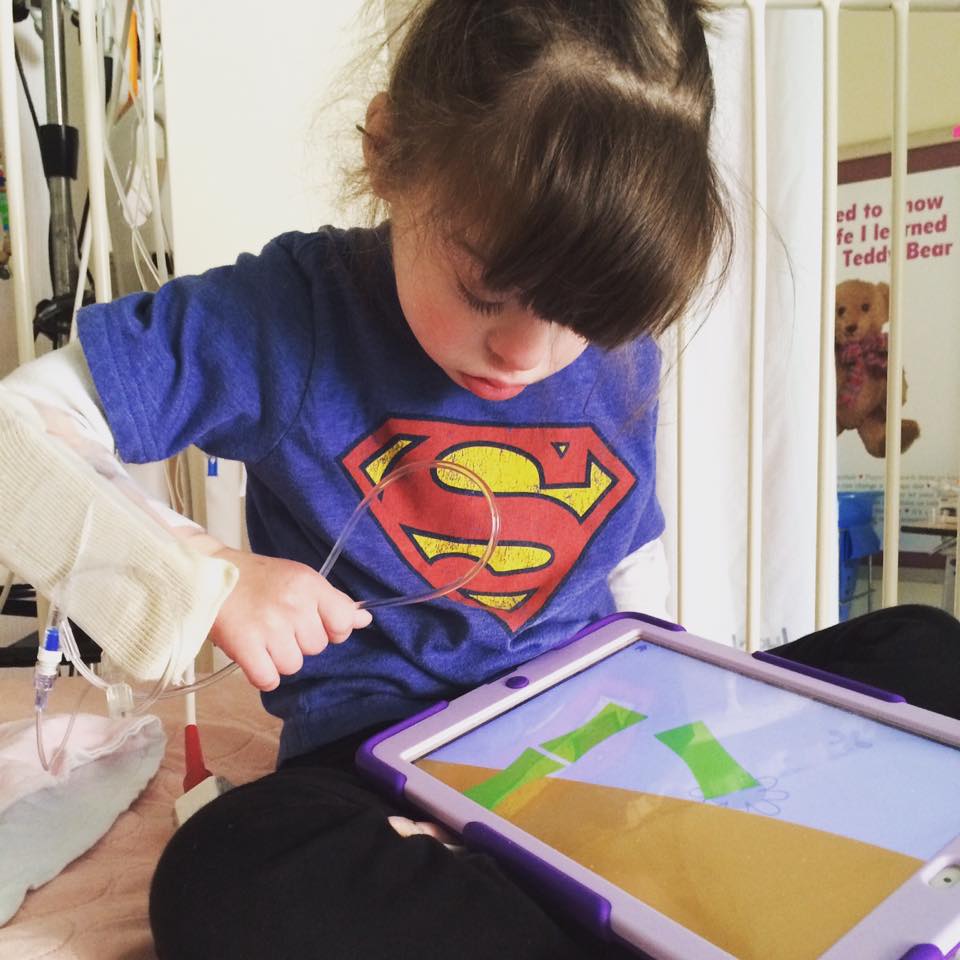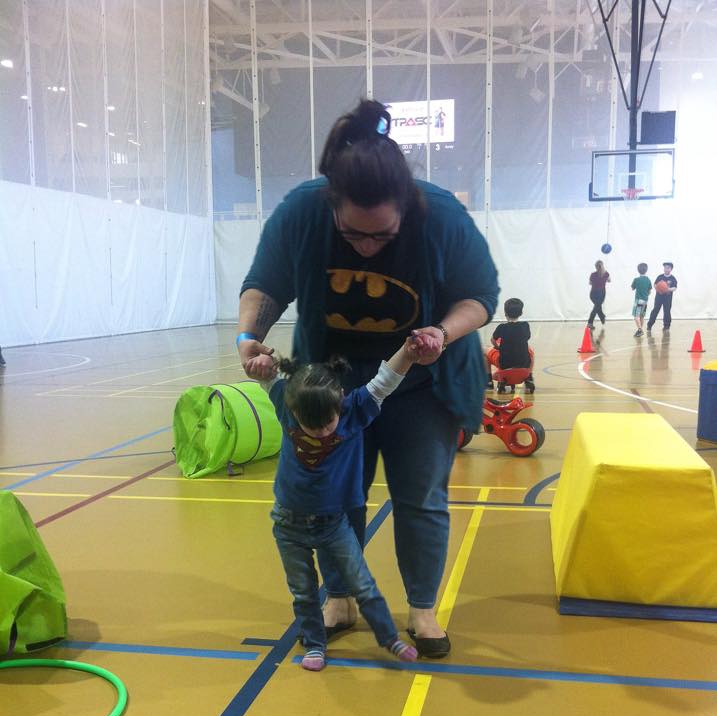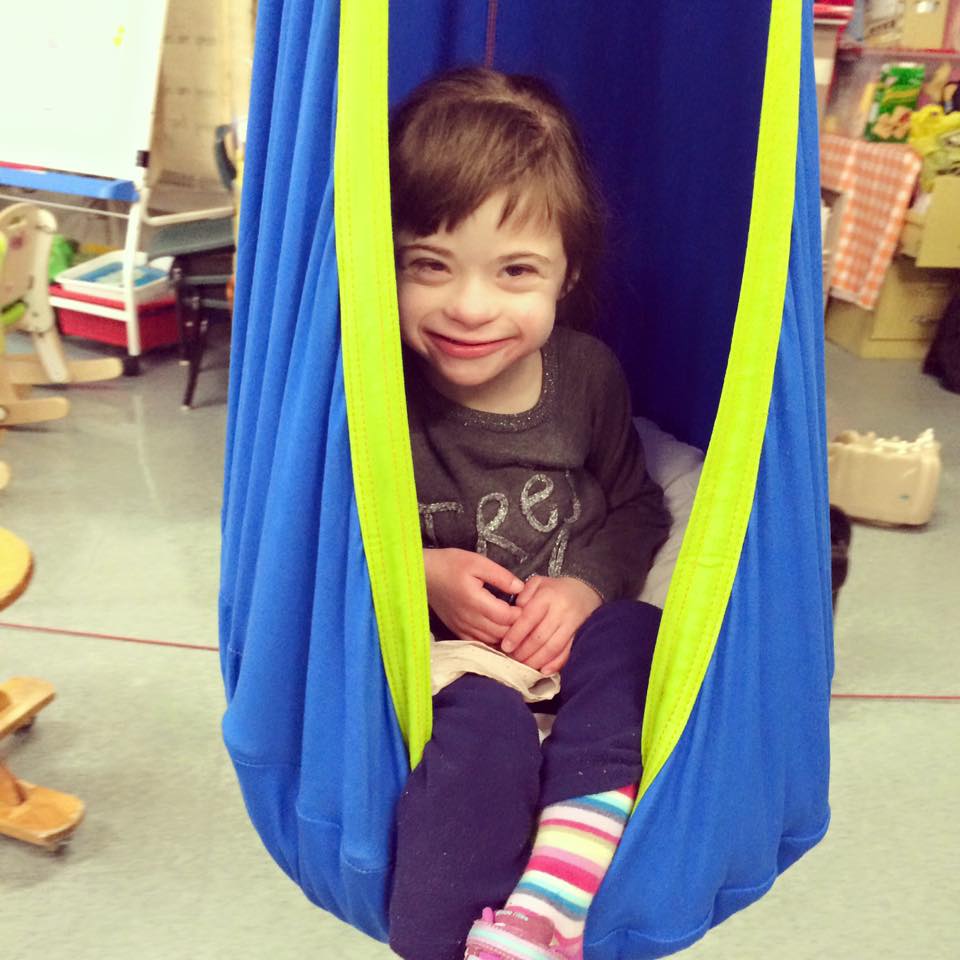“The truth is, there are lots of times where I feel completely lost in how to feel about all of this, in how to prepare, in how to parent, in how to process experiences, in how to advocate.” – Kelle Hampton
There are some people who think we should have this all figured out; that because we chose adoption, because we chose “this life” we should have a better grasp on how what we’re doing because why would we have chosen it if we didn’t already know that we could handle it?

The truth is the same as any parent anywhere – you can’t possibly know until you’re there, until you’re doing it. You have no idea what kind of time or sacrifices or adjustments you are going to make until you’re forced to make them. We knew with Lily that there was going to be “extra” – doctor’s visits, therapy’s, extra balancing, but we couldn’t possibly know how we would feel lost, feel like we’re not doing enough, feel like there is never truly a work-life balance; that the scale always swings higher in one direction. I didn’t know that I would struggle to find a place in this community, to question what I can do to make my voice heard louder because I feel like I have more to say both on Lily’s behalf right now and as a parent in my own right.
Someone called me “super mom” the other day and it stopped me in my tracks….with laughter. If I’m someone’s version of a supermom then clearly there are some seriously low standards happening in the world right now. This person needs to climb into my head for a day and feel the thoughts and doubts and fears swirling all around. I know that so often I repeat our mantra of “Lily Time” but that’s because there are days where those two words are the only thing that keep me going. Days where I’m so afraid that we’re doing it all wrong, days that I look at Lily and I’m not sure of how to help get her to that next step, that next milestone. Days where I allow myself to think about the more challenging realities: she may not eat on her own, she may always need a walker, and she may not speak. I don’t know how to prepare for those realities, I can only take them as they come and hope that believing in “Lily Time” is the right thing to do.

Sometimes I worry that it’s not. What if the meaning behind the phrase is actually a detriment? It still means that we have these expectations of her, expectations that she may not be able to meet. That doesn’t mean that we won’t keep working to make them achievable because we would never give up on her abilities, but at what point is it acceptable to acknowledge, and be okay with, the fact that there are somethings she may not do? Like any parent anywhere, we want Lily to have the world, but at what point do we need to look at our definition “world”? Is there a point where we become blind to the truth and keep pushing her, even when it’s best to just let her be herself?
Words like “high functioning” make me want to scream from the rooftops with frustration. That Lily’s entire worth can be defined by “high or low” makes me want to pull my hair out. That so often in the Down syndrome community, “high functioning” is praised and celebrated is something that I struggle with all of the time. To only portray “high functioning” to the rest of the world makes sense to me in one breath: that it’s the easiest, visual, way to drive the points of importance of inclusion home. In the other breath though, I feel as though we are doing a disservice to our own community – creating a divide that leaves one group feeling as though they are not good enough, that their children, siblings, friends, are not worth the focus because they make it easier to spot the differences. “Low functioning” seems to be the very definition of failure. So often the advice we get is “don’t compare”, but while that advice is meant to be comforting, it can often feel as though it comes with two meanings: don’t compare because our children all develop at their own rate which is sweet and loving and comes from a place of experience, or don’t compare because the abilities of this group is so far beyond your child that they’ll never catch up.

Lily is “low functioning”. Would she still have been if she wasn’t also dealing with a brain injury is something we’ll never know. We know that the tiny 5 month old baby we first brought home was doing well with her therapies, was starting to smile and laugh, and was following everything with her eyes like a curious little creature. But that’s all we know and none of that was a prediction of where she would be now. So often though, we’re guilty of using her brain injury as the “but”. She has Down Syndrome BUT she also has a brain injury, as though we desperately want people to know that her extra chromosome isn’t the reason she’s so far delayed – our way of defending Down syndrome. We often laugh and say that it’s the easiest part of Lily – that it’s just an extra chromosome of cuteness, of strength, of her silly sense of humour. But the truth is, we don’t know and we’ll never know what trajectory her life would have taken. Maybe she would be walking and talking now like so many of her peers, maybe she would be in an inclusive classroom, but that’s not where we are. We’re shocked at how quickly she learned to maneuver her walker through the narrow doorways leading into her classrooms, we’re trying to figure out if her giving kisses is just a fluke or if she really is starting to understand what the word “kiss” means. We’re hoping that all of the times she doesn’t respond when we call her name is her being a stinky brat and ignoring us. We’re at a place of so many unknowns and I’m stuck at a place of trying to figure out how to best be her parent. I want to protect her from so many things that may come her way, but is it possible that she needs protection from our own expectations as well?